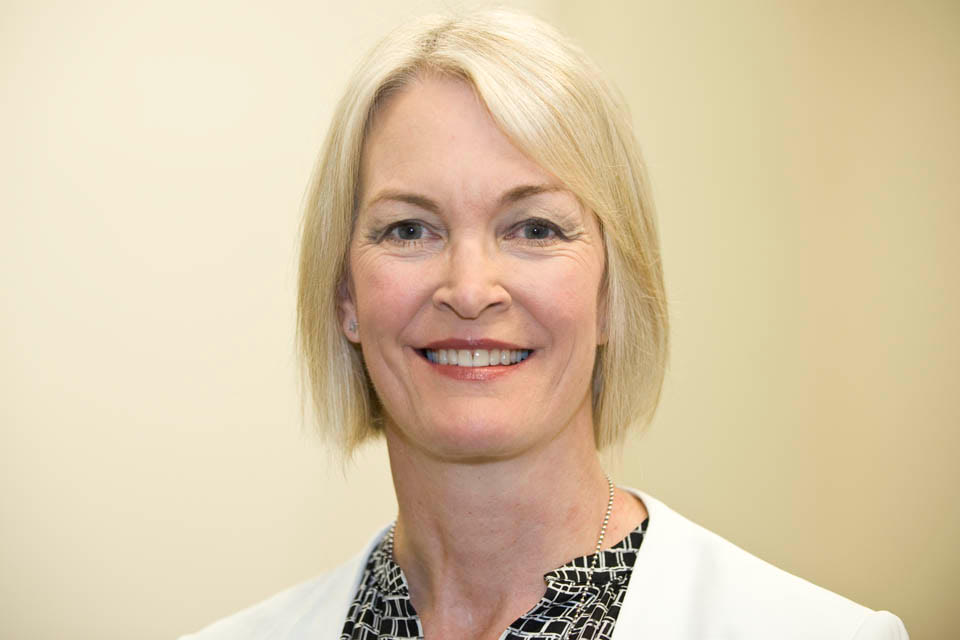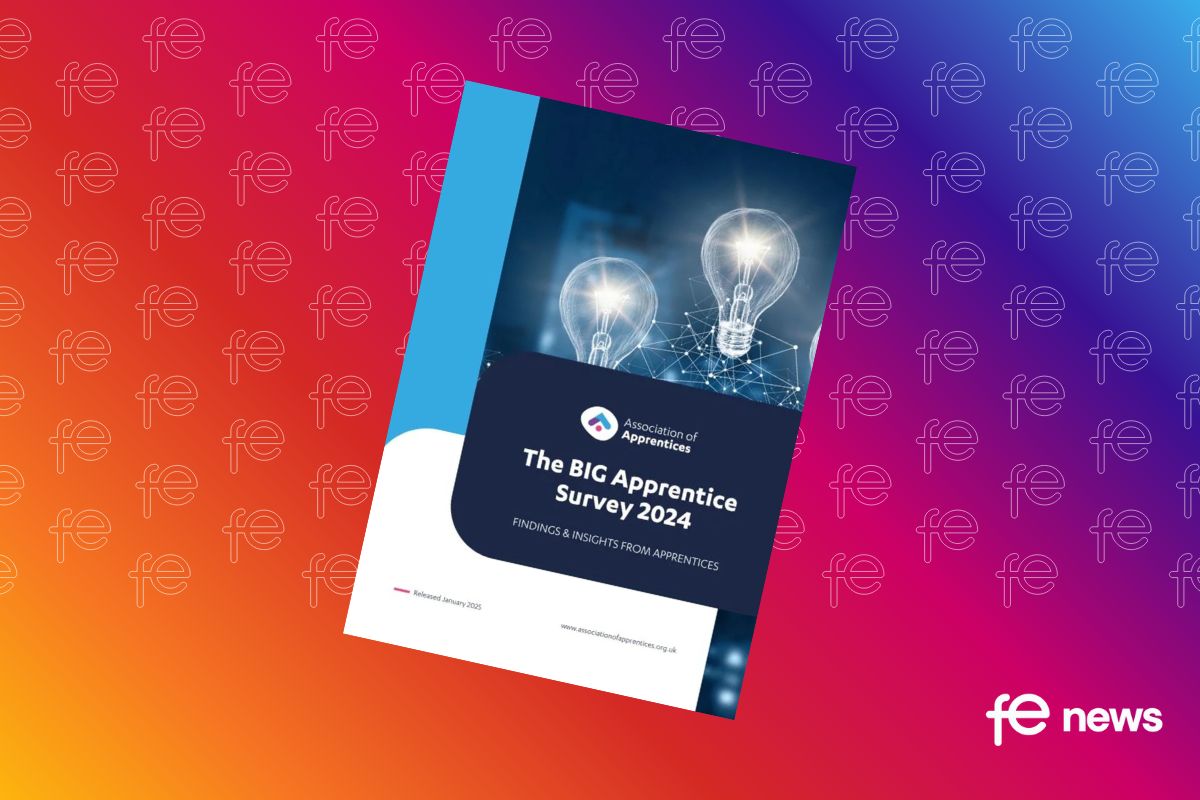Margot James’ speech at the Tech Talent Charter’s one year anniversary event

Margot James, Minister for Digital and the Creative Industries, delivered the keynote speech at the one year anniversary of Tech Talent Charter:
It is a pleasure to be celebrating the achievements and impact of the Tech Talent Charter after one year on from its launch.
Seeing so many signatories to the TTC gathered here is an inspirational sight. It shows buy-in from all sectors to improve diversity of the tech workforce, something so essential for the continued success of our economy, and also the success for the sector.
It is impressive to see companies here who are competitors, working together to drive change and looking at the supporters of this event, TTC’s sponsors, and those on its board, shows that companies can put collaboration on this crucial issue ahead of their otherwise conflicting commercial interests.
I know this event sold out in under 24 hours and TTC could probably have filled the room again with the number of companies who wanted to be here, from large multinationals to small start-ups.
This is important because, as report shows today, larger firms can learn from how smaller firms approach the challenges around diversity.
In the UK we have a thriving, and ever-growing, digital and tech sector. The sector is worth over £184 billion a year and is growing at more than two and half times the rate of the economy as a whole.
Technology is a crucial and growing part of modern life. Emerging technologies have an ever-greater impact on how we work, communicate, travel, and more importantly on how the new generations are growing up.
And the people creating this technology have the power to influence how it works. That’s why, it is important that all of this new technology is being developed by a diverse workforce. We need diverse ideas and representation to break down disparities between gender, race and class amongst other defining characteristics.
That is the only way we’ll ensure that tech is created for everyone and that we will all benefit from these transformations.
Only 19% of our workforce in tech roles are female and furthermore, only 11.7% of computer science A Level students are women. And still, there is a digital skills gap we need to fill, despite the fact that digital jobs pay almost a third more than non-digital jobs it is proving a difficult gap to fill.
Whilst we often consider diversity in terms of race and gender, there are, of course, defining characteristics; age, sexuality, marital status, parental situation, mental health, and physical ability, to name some, against which we may unintentionally as well as intentional, discriminate.
At DCMS we want to support programmes working towards tackling the under-representation of all of these groups in our sectors.
It is encouraging to see the Tech Talent Charter has taken these other groups into account when mapping diversity work regionally – when we are addressing underrepresentation, everyone matters.
We’ve all seen the studies which prove that diverse workforces can improve a company’s bottom line and the more diverse are more likely to outperform their competitors financially.
But we are not just interested in the business case for diversity – supporting a diverse and inclusive workforce is the right thing to do.
I am proud that my department has supported the Tech Talent Charter since its inception and continues to support its growth, particularly regionally growing outside London and the South East and integrating its diversity work with our Local Digital Skills Partnerships that we are now establishing across the country.
Three of these partnerships are already up and running in Lancashire, the South West and, most recently, in the West Midlands, with 3 more launching in the first half of this year.
So it is important that we all engage with our networks and our client-bases to encourage our connections to sign the Tech Talent Charter. It is only once more-and-more companies join us that we will start to see the cultural change that we all know needs to happen.
The fact that so many companies are keen to join is testament to the tireless work of Debbie, her team, her directors and the other activists and volunteers working behind the scenes of the Tech Talent Charter, I thank you all for your fantastic work.
All central government departments have now signed up to the Tech Talent Charter and I’m proud to say that DCMS was the first government department to sign. Again, the public, private, and voluntary sector collaboration on this issue is critical to achieve meaningful change.
Increasing sector diversity is critically important in the context of the changing nature of the tech sector. New innovations are increasingly blurring the lines between the tech sector and the rest of the economy. And the growing “Createch” sector, where technology enables new forms of creativity and creativity enables better development of technology.
The important impact of this is clear – addressing barriers to inclusion in the tech sector will also have increasing benefits across the wider economy. Equally, tech businesses can improve diversity by working more seamlessly with other sectors.
In line with this cross-pollination of ideas and collaboration, my department is working more closely than ever with our counterparts across government to ensure we join-up on initiatives that challenge and change the status quo.
We are able to bring our knowledge of the sector to bear on how industry might play a part in attracting those young people from under-represented groups to a career in tech.
We also want to understand and improve the pipeline to the tech world via STEM choices in schools. Industry needs a boosted pipeline to feed into their growing numbers of tech roles. This, and, indeed the responsibility for diversity in tech as a whole, does not fall just on the shoulders of industry.
In government we are analysing how behavioural insights might help us understand the career choices for young women, and women entering the workforce, in making decisions that’s leading them away from STEM subjects in school and from tech careers.
It is important that we address and understand these issues and address them so we can work together to make the tech environment a place that benefits everyone.
Congratulations to all of you on the great year that you’ve had, the first year of Tech Talent Charter and the impact you’ve already made, and I look forward to congratulating Tech Talent Charter on reaching 300 signatories, a milestone I know is just around the corner.
There is a lot more hard work to come in getting this right, but, when we do, it really will enhance freedom and the opportunity throughout our society.
Women account for half the population and only 20 per cent of the most influential force of our time, technology and innovation and that cannot go unchallenged.
And I wish you the very best with your future endeavours and I pledge my support for the continuity of the Tech Talent Charter until the job is done.
Thank you for listening.
Margot James, Minister for Digital and the Creative Industries











Responses